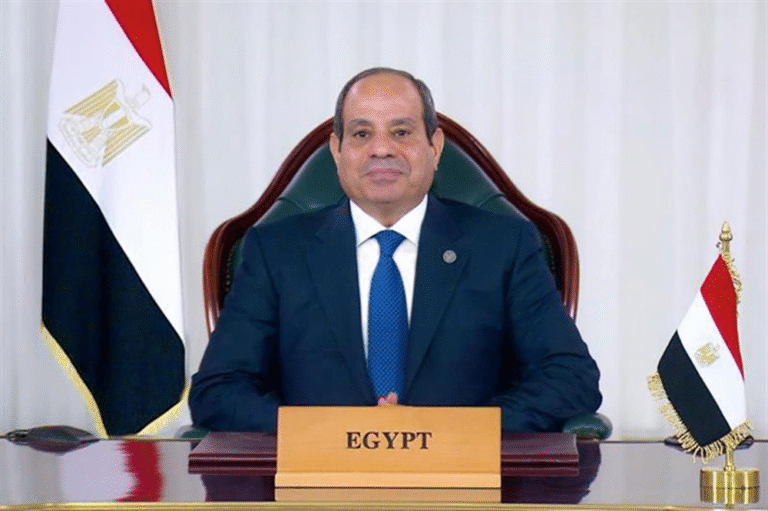
Egyptian President Abdel Fattah Al-Sisi has returned a recently adopted criminal procedure law to parliament, calling for revisions aimed at strengthening privacy protections and regulating pretrial detention.
The law, originally approved on August 26, 2025, has faced criticism from domestic and international observers over concerns about its impact on civil liberties.
In a formal message to the House of Representatives on Sunday, September 21, Al-Sisi highlighted that some provisions of the law lack clarity and require adjustments to ensure consistent application.
He stressed the need to bolster guarantees related to respect for private homes, expand alternatives to pretrial detention, and better safeguard the rights of defendants during investigations and trials.
“The relevant ministries and institutions must be given sufficient time to prepare for the implementation of the new mechanisms envisaged in the reform,” the president emphasized, underlining the importance of carefully balancing judicial efficiency with citizens’ rights.
The bill introduces a series of new measures, including financial compensation for individuals who are pretrial detained and later exonerated, travel restrictions, and the ability to conduct hearings and investigations remotely through digital platforms. While these innovations are intended to modernize the criminal justice system, they have prompted strong criticism.
Internationally, the Office of the United Nations High Commissioner for Human Rights raised concerns in May 2025 about the expanded powers granted to prosecutors and the lack of transparency surrounding the amendments. Within Egypt, the Egyptian Initiative for Personal Rights (EIPR) denounced the law as an invasion of privacy, accusing it of legitimizing arbitrary and disproportionate surveillance.
Under the Egyptian Constitution, the president has 30 days to object to any parliamentary bill. If the bill is returned and subsequently reapproved by a two-thirds majority, it must be promulgated. This procedural move underscores the ongoing tension between government-led judicial reform efforts and persistent criticism regarding civil liberties in the country.
Egypt’s decision to revise the law reflects both the authorities’ desire to modernize legal frameworks and the continuing debate over the protection of individual rights in the justice system.



